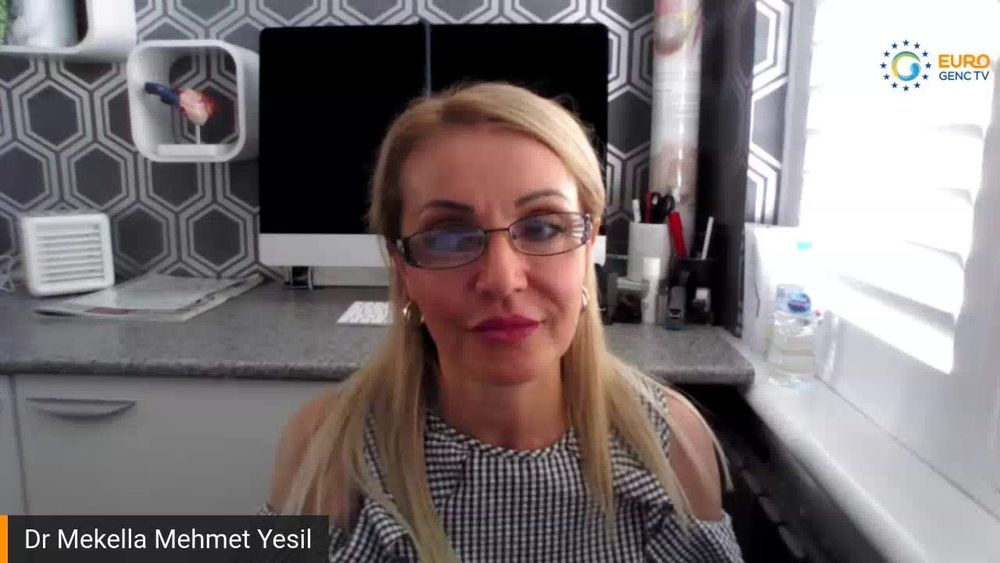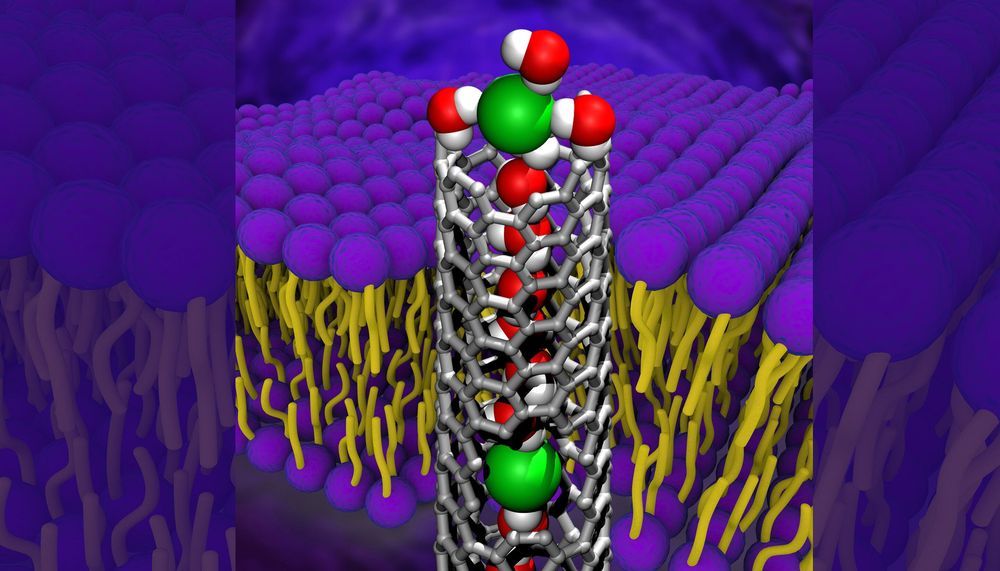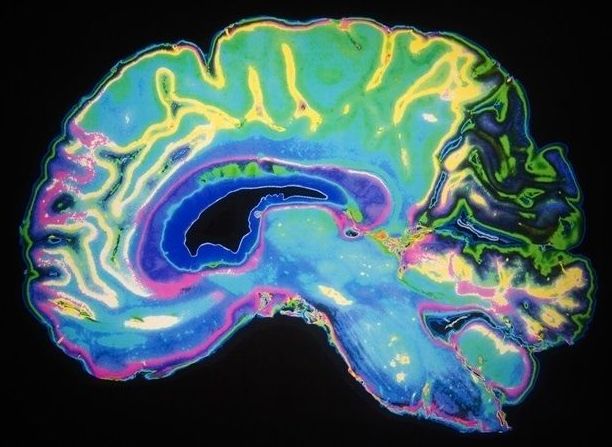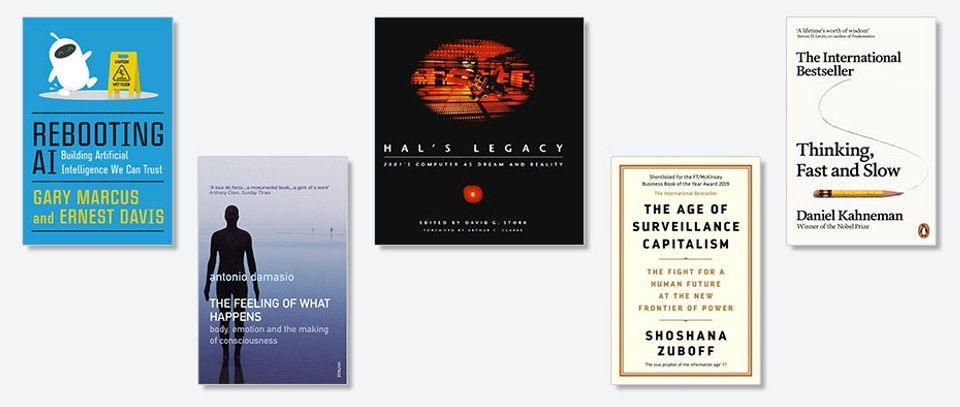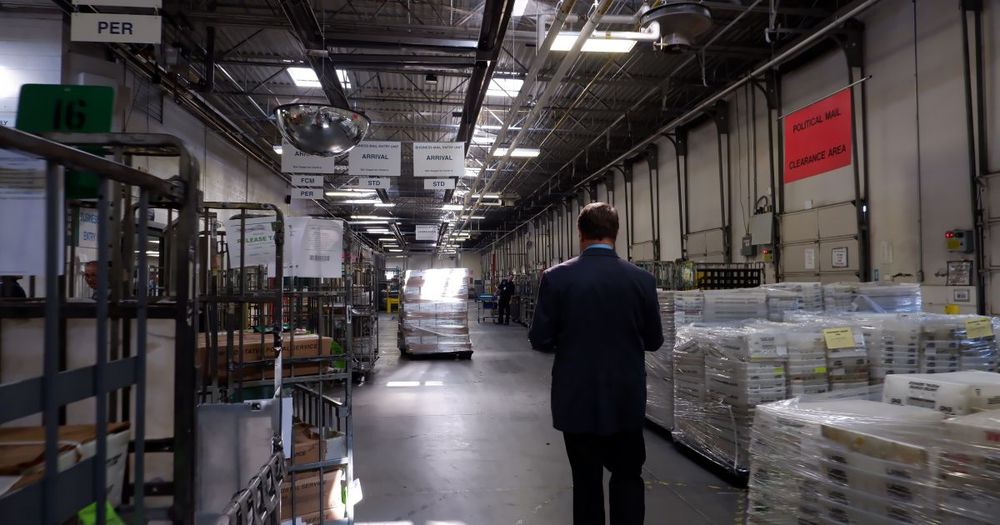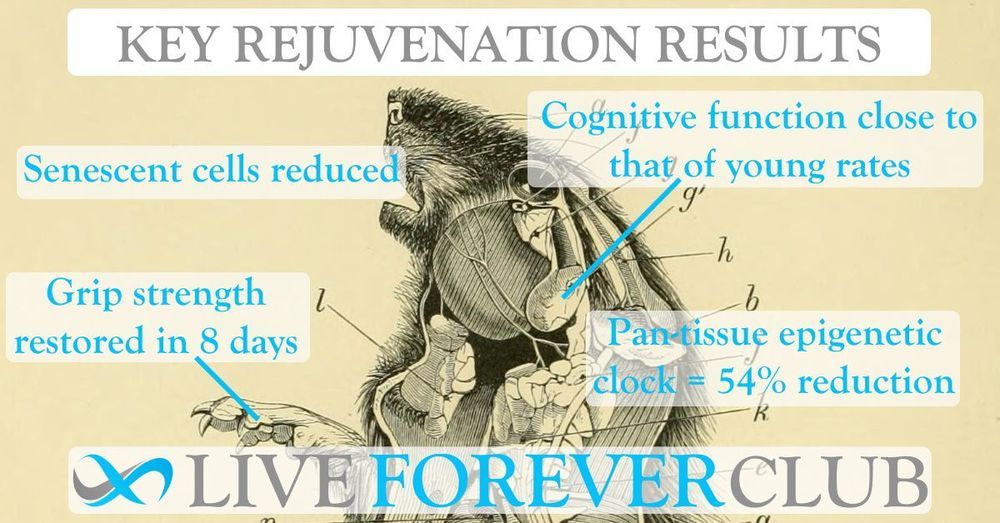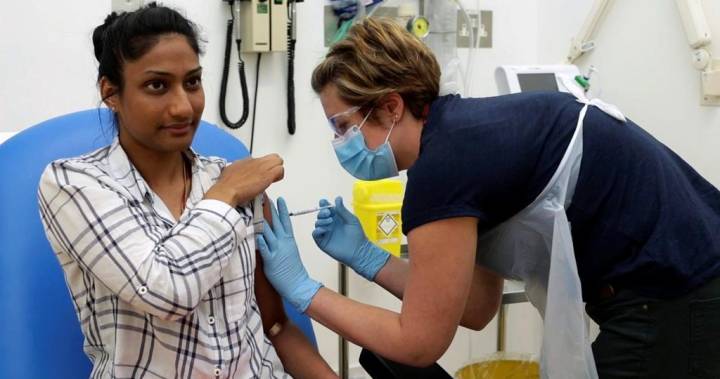Page 7422
May 22, 2020
Interesting facts about SpaceX and NASA’s historic Crew Dragon mission
Posted by Genevieve Klien in category: space travel

From Kennedy Space Center’s launch complex on May 27, NASA and SpaceX will launch the first crewed flight into orbit from U.S. soil since 2011. NASA astronauts Bob Behnken and Doug Hurley and Douglas Hurley will fly on SpaceX’s Crew Dragon spacecraft, lifting off on a Falcon 9 rocket. SpaceX will be the first private company to launch astronauts to the International Space Station (ISS)
SpaceX to use only recycled Dragon ships after August till Dragon 2 is ready
Continue reading “Interesting facts about SpaceX and NASA’s historic Crew Dragon mission” »
May 22, 2020
Membrane nanopore transport gets picky
Posted by Genevieve Klien in categories: nanotechnology, sustainability
Trying to determine how negatively charged ions squeeze through a carbon nanotube 20,000 times smaller than a human hair is no easy feat.
Not only did Lawrence Livermore National Laboratory (LLNL) scientists do that but they found that those ions are unexpectedly picky depending on the anion (a negatively charged ion). The research appears in ACS Nano.
Inner pores of carbon nanotubes combine extremely fast water transport and ion selectivity that could potentially be useful for high-performance water desalination and separation applications. Determining which anions are permeable to the nanotube pore can be critical to many separation processes, including desalination, which turns seawater into fresh water by removing the salt ions.
May 22, 2020
New ‘sniff test’ predicts recovery of consciousness in the brain
Posted by Genevieve Klien in categories: biotech/medical, neuroscience
If an unconscious person responds to smell through a slight change in their nasal airflow pattern — they are likely to regain consciousness. This is the conclusion from a new study conducted by Weizmann Institute scientists and colleagues at the Loewenstein Rehabilitation Hospital, Israel. According to the findings, published in the journal Nature, 100% of the unconscious brain-injured patients who responded to a “sniff test” developed by the researchers regained consciousness during the four-year study period. The scientists think that this simple, inexpensive test can aid doctors in accurately diagnosing and determining treatment plans according to the patients’ degree of brain injury. The scientists conclude that this finding once again highlights the primal role of the sense of smell in human brain organization. The olfactory system is the most ancient part of the brain, and its integrity provides an accurate measure of overall brain integrity.
Following severe brain injury, it is often difficult to determine whether the person is conscious or unconscious, and current diagnostic tests can lead to an incorrect diagnosis in up to 40% of cases. “Misdiagnosis can be critical as it can influence the decision of whether to disconnect patients from life support machines,” says Dr. Anat Arzi, who led the research. “In regard to treatment, if it is judged that a patient is unconscious and doesn’t feel anything, physicians may not prescribe them painkillers that they might need.” Arzi commenced this research during her doctoral studies in the group of Prof. Noam Sobel of the Weizmann Institute of Science’s Neurobiology Department and continued it as part of her postdoctoral research at the University of Cambridge’s Department of Psychology.
The “consciousness test” developed by the researchers — in collaboration with Dr. Yaron Sacher, Head of the Department of Traumatic Brain Injury Rehabilitation at Loewenstein Rehabilitation Hospital — is based on the principle that our nasal airflow changes in response to odor; for example, an unpleasant odor will lead to shorter and shallower sniffs. In healthy humans, the sniff-response can occur unconsciously in both wakefulness and sleep.
May 22, 2020
5 of The Best Artificial Intelligence Books You Must Read
Posted by Genevieve Klien in categories: information science, mobile phones, robotics/AI, transportation
Artificial intelligence is everywhere, from the robots manufacturing cars in factories to the smartphone in your pocket, and understanding what AI actually is will give you a better understanding of the technology that surrounds us.
Professor Mark Lee is a computer scientist at Aberystwyth University. His new book, How to Grow a Robot, is all about how to design robots and artificial intelligence so that they are more social, more friendly, more playful – more human.
Whether you’re a beginner or deep into all things AI, as an expert in artificial intelligence, Mark’s pick of science books about machine learning and intelligent algorithms will have you thinking in ones and zeros in no time.
May 22, 2020
NASA didn’t discover a parallel universe — but here’s what one would look like
Posted by Brent Ellman in category: cosmology
Recent media reports have claimed that a NASA experiment has detected evidence of a parallel universe, but astrophysicists disagree.
May 22, 2020
Denver health officials order coronavirus closure of U.S. Postal Service facility serving millions in Colorado, Wyoming
Posted by Brent Ellman in categories: biotech/medical, health
Denver Department of Public Health and Environment issued the order Thursday, the day after investigators said they were denied full access to the facility.
Denver health officials have ordered the closure of a United States Postal Service distribution center that handles all mail for Colorado and Wyoming, saying the facility has multiple confirmed cases of the coronavirus among its employees.
May 22, 2020
Age Reversal in Mammals – Has This Now Been Achieved?
Posted by John Davies in categories: biological, life extension
Biological age and biomarkers improved to that of rats half their age. Blog post from the Live Forever Club.
May 22, 2020
The race for a coronavirus treatment is fanning fears of ‘vaccine nationalism’
Posted by Lon Anderson in category: biotech/medical
Geopolitical rivalries, as well as practical considerations, are emerging as real hurdles in the race for a COVID treatment.
May 22, 2020
Over 10,000 to receive potential COVID-19 vaccine in U.K. as tests expand
Posted by Omuterema Akhahenda in category: biotech/medical
Last month, scientists at Oxford University began immunizing more than 1,000 volunteers with their vaccine candidate in a preliminary trial designed to test the shot’s safety. On Friday, the scientists announced they now aim to vaccinate 10,260 people across Britain, including older people and children.
“The clinical studies are progressing very well and we are now initiating studies to evaluate how well the vaccine induces immune responses in older adults and to test whether it can provide protection in the wider population,” said Andrew Pollard, head of the Oxford Vaccine Group.
British researchers testing an experimental vaccine against the new coronavirus are moving into advanced studies and aim to immunize more than 10,000 people to determine if the shot works.
Continue reading “Over 10,000 to receive potential COVID-19 vaccine in U.K. as tests expand” »
